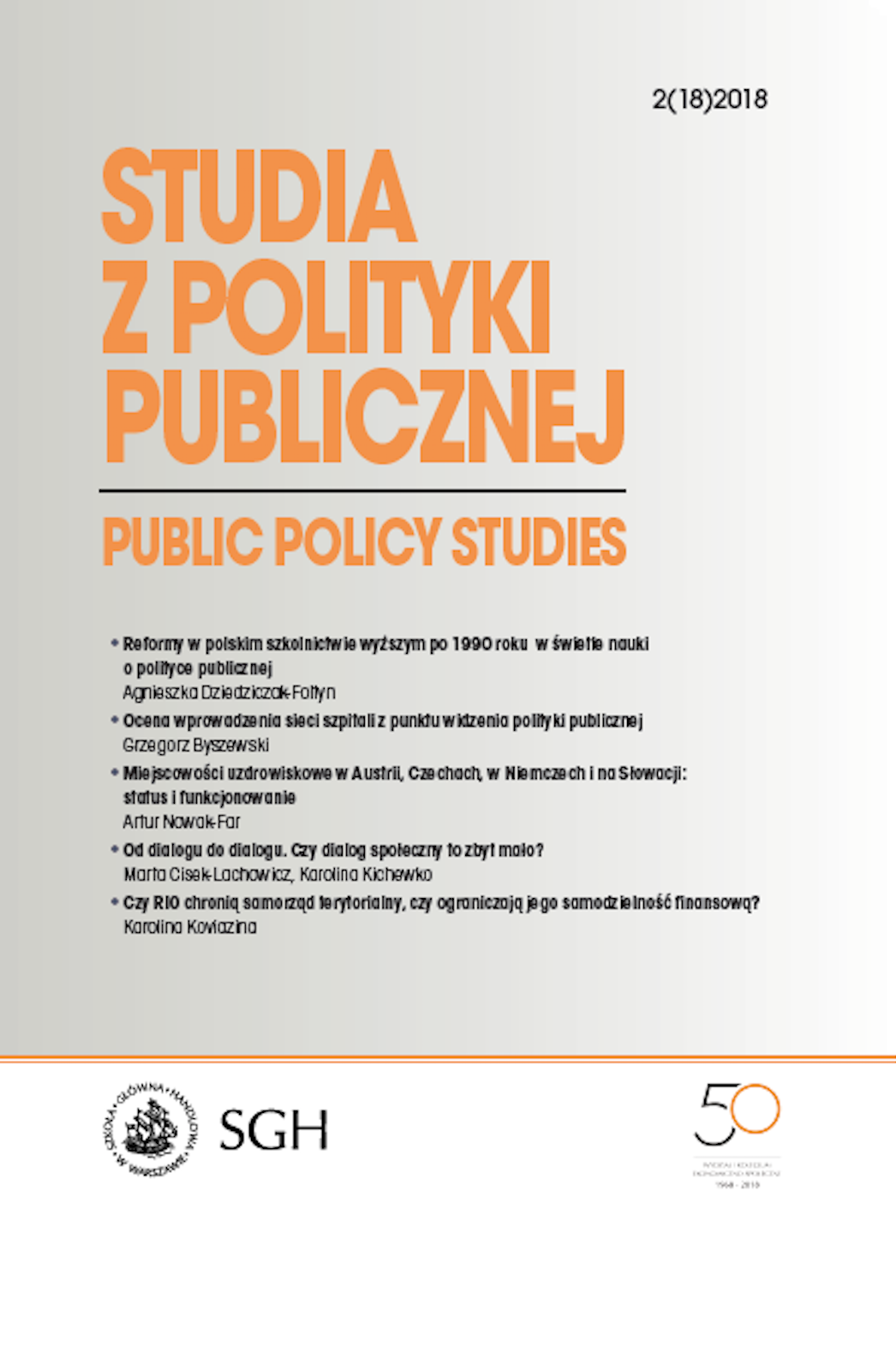Polityka państwa wobec upowszechnienia elastycznych form zatrudnienia w Polsce
The policy of the state in the face of the widespread phenomenon of flexible forms of employment in Poland
Author(s): Maciej PańkówSubject(s): Business Economy / Management, Economic policy, Human Resources in Economy
Published by: Szkoła Główna Handlowa w Warszawie
Keywords: labour market policy; forms of employment; flexibility; industrial relations; economic policy
Summary/Abstract: In June 2015 the Ministry of Labour and Social Policy announced an amendment to the Labour Code, which is the reaction to the prevalence of employment based on-fixed term contracts in Poland. The scale of this phenomenon is not observed in any other E. U. state. New regulations may result in a decrease in the share of fixed-term employees of the total number of employees to be observed in the last few years. The Ministry intends to replace the limit of the renewals of a job contract concluded with an employee (currently the second renewal of the contract results in the conclusion of a permanent job contract) with another restriction: the total duration of such contracts should not exceed 33 months. The problem of an excessive share of flexible forms of employment has been widely analysed in the literature in recent years. It has become the subject of studies in the area of economy and sociology as well as an issue addressed by labour law experts. The expansion of flexibility has also received criticism from the trade unions, which influenced the mass media discourse - it is enough to mention the popularity of the term 'junk contracts' since 2012. The author attempts to comprehensively analyse the problem of flexible forms of employment, which include such issues as: the reasons for their popularity among employers, the scale of the use of particular forms based on the available statistical data, the construction of protective regulations of domestic labour law in the light of the requirements resulting from the E. U. and the I. L. O. membership, as well as social and economic consequences of the use of flexible forms of employment.
Journal: Studia z Polityki Publicznej
- Issue Year: 7/2015
- Issue No: 3
- Page Range: 139-158
- Page Count: 22
- Language: English, Polish

